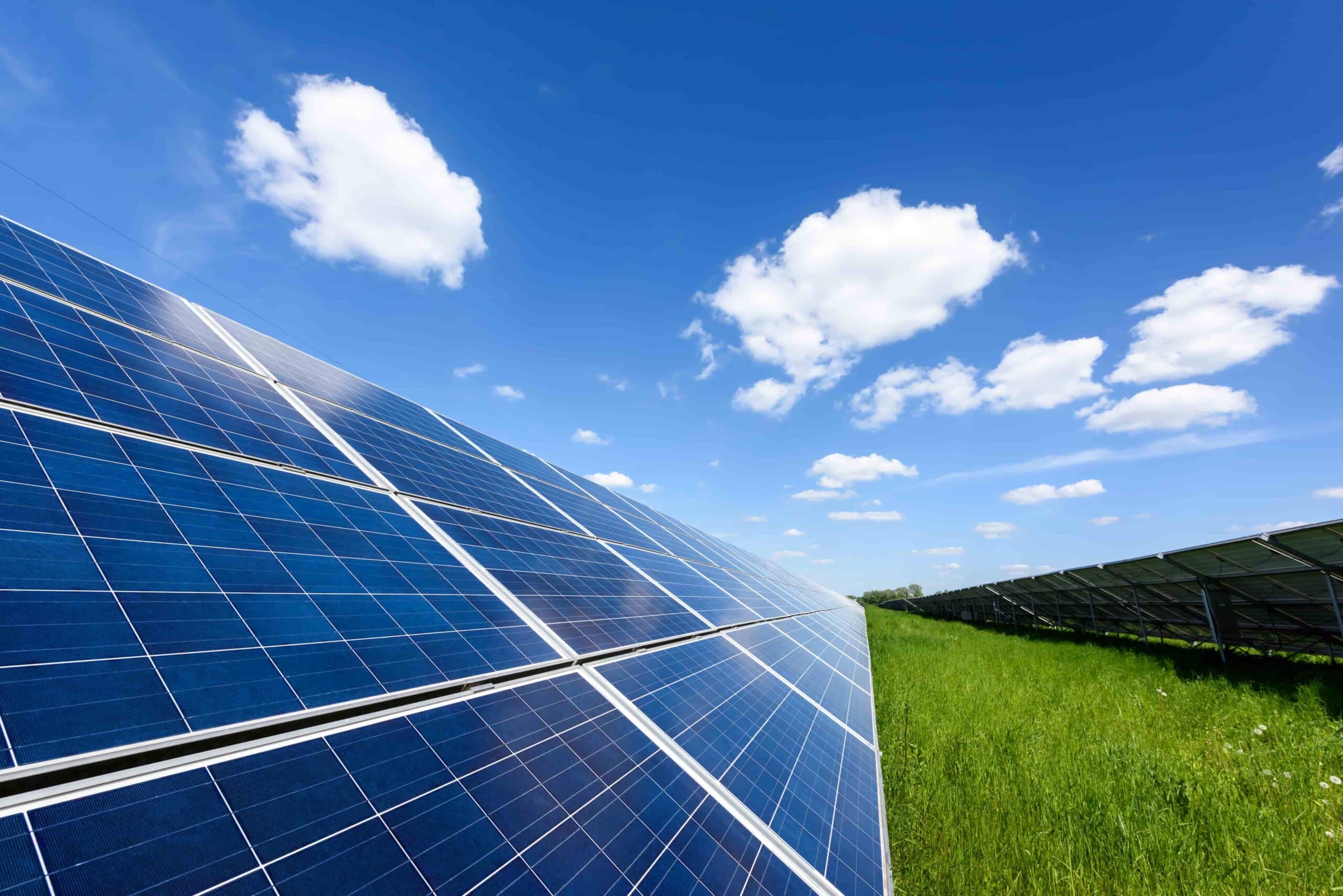If you install or have already installed a renewable heating technology that’s eligible under the domestic Renewable Heat Incentive scheme, you could receive quarterly payments over a period of seven years from the UK government.
While this requires investing in heating systems, in the long run, the payouts might just be worth your while. Switching from fossil-fueled heating to renewable heating will not only bring you monetary rewards but also make you more environmentally conscious.
The question is, how much could you possibly earn under the RHI program?
Let’s find out!
How Much Can I Earn Under RHI Scheme?
To understand how you can benefit from RHI, you’ll have to see the bigger picture as these benefits can be reaped over the long term. For instance, the cost for installing renewable heating systems can be anywhere between £4,000 for solar water heating to around £18,000 for a ground source heat pump.
Once you’re approved under the scheme and meet all the requirements, you’ll receive 28 quarterly payments over a period of seven years.
A few years down the line, you’ll be able to see a considerable decrease in your energy bills. This will also depend on the type of fuel you choose to run the heating systems.
When you add this decrease in bills to the RHI payments you’ve received every quarter over seven years, you’ll see that you’re actually much better off.
To get an idea of how much you could make, check out our quick quote form, now.
Factors That Affect Your Earnings Under the RHI Program
Personal circumstances play a huge role in determining the scope of earnings through RHI. Factors like the size of your home, the technology you choose to install, and the extent of heating you need, influence the payments you receive from the government. The heat demand mentioned on your MCS and EPC certificate will also affect the payments issued.
The tariffs fixed by the government also affect how much you earn under the RHI scheme. This is measured in pence per kilowatt-hour for the clean energy produced.
The payment is calculated on the estimated amount of heat a place will need from a renewable heating technology and the way it will function after it has been installed.
Of course, the heating systems will regulate the overall energy used but other factors like the level of insulation and heat emitters it uses to keep running will also impact the performance. For instance, underfloor heating with low temperature is more effective as compared to traditional radiators.
While the monetary benefits are a given, to top it off you can save significantly on your energy bills as well!
What Do I Need to Know About RHI Payments?
The annual heat demand limits cut back the financial incentives that members receive for their annual heat consumption. This is to ensure that the earnings received reflect good value for money. This can help safeguard public interest and money.
Your subsidies will be based on the amount of heat you’ve used. This means that you will be metered before payments can be issued.
If you’ve applied for the RHI scheme on/after 20th September 2017, the yearly heat demand limits will be applicable to you.
Heat demand limits are applicable for new biomass and heat pump applications. You’ll not be subjected to heat demand limits if you have solar thermal systems.
Contact JL Phillips
In order to ensure that you fully understand and make the most of the RHI scheme, it’s best that you seek expert help from professionals who know the process inside out.
If you wish to save on your energy bills while also reducing your carbon footprint ensure that you invest in a heat pump today!
Contact J L Phillips and get your quick quote today!




